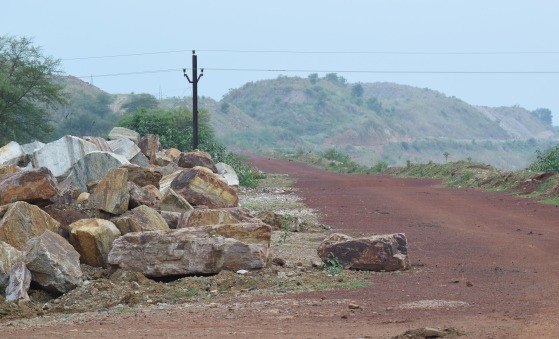
Right after Christmas, on 27 December 2024, Arunachal Pradesh Chief Minister Pema Khandu announced that his government will implement the long-dormant Freedom of Religion Act, which has remained unused since its passage in 1978.
The announcement, made at the silver jubilee celebration of the Indigenous Faith and Cultural Society of Arunachal Pradesh (IFCSAP) in Itanagar, marks a notable departure from the state’s previous stance on religious conversion regulations.
The legislation, which received presidential assent in 1978, aims to prohibit religious conversions achieved through force, inducement, or fraudulent means. Under its provisions, offenders face penalties of up to two years’ imprisonment and fines reaching 10,000 Indian Rupees.
This revival comes in response to a directive from the Guwahati High Court, which in September ordered the state government to finalise the Act’s implementation rules within six months. The court’s intervention followed a public interest litigation filed by Tambo Tamin, former IFCSAP general secretary, who challenged the government’s failure to frame the necessary rules for over four decades.
The move represents a significant reversal in Chief Minister Khandu’s position. In 2018, at an event organised by the Arunachal Pradesh Catholic Association, he had suggested the possibility of repealing the Act, expressing concerns that it “could undermine secularism and is probably targeted towards Christians.”
The legislation’s scope is particularly noteworthy in its detailed definition of “indigenous faith.” It encompasses various religious practices, including Buddhism as practised by communities such as the Monpas, Membas, Sherdukpens, Khambas, Khamptis, and Singphos. Additionally, it recognises nature worship, including the Donyi-Polo tradition, and Vaishnavism as practised by the Noctes and Akas communities.
Speaking at the IFCSAP event, which was also attended by Union Minister of Tribal Affairs Jual Oram, Khandu emphasised the law’s role in cultural preservation: ‘Soon, we will have a properly structured Freedom of Religion Act in place, and this development will play a significant role in preserving Arunachal’s indigenous faith and culture.”
The Chief Minister expressed satisfaction that despite modernisation, Arunachal Pradesh has successfully preserved its indigenous identity. He paid tributes to several champions of indigenous faith and culture, including ‘Golgi Bote’ late Talom Rukbo, late Mokar Riba, late Nabam Atum, and Dr Tai Nyori.
The state government established the Department of Indigenous Affairs in 2017, working in collaboration with IFCSAP and community-based organisations to protect indigenous cultures. Khandu stated that while the government plays a crucial role, the responsibility for protecting and promoting indigenous culture and faith also lies with the state’s 26 major tribes.
The Act was originally passed by the first elected Legislative Assembly of Arunachal Pradesh under then-Chief Minister PK Thungon. Khandu expressed gratitude to Thungon during his speech at the silver jubilee celebrations, acknowledging his government’s role in passing this legislation in 1978.




